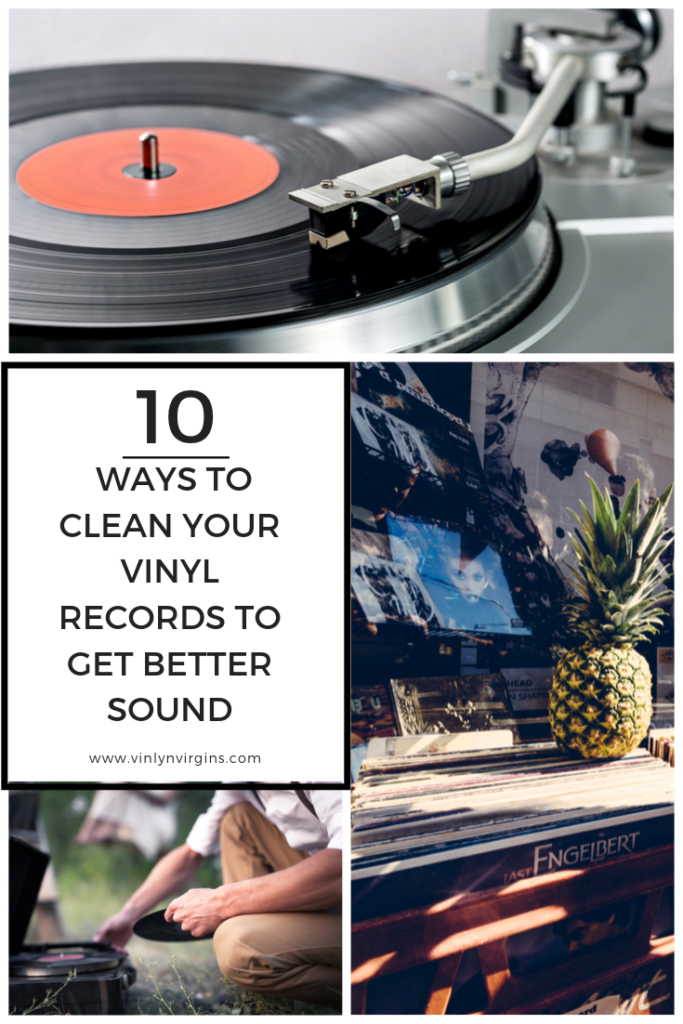How to Make Your Vinyl Records Last a Lifetime
Having a vinyl records collection can be a great thing. There are very few people who have this hobby, which makes you unique. However, vinyl is fragile and requires special care to maintain in good form. If you intend to have your collection last a lifetime, you will have to be careful how you use, handle, and treat it. The following guide should help you make your vinyl records last.
Keeping vinyl records in their top condition can be a challenge. Every time you listen to them, you are taking the risk of potential damages. Dust and dirt can cause the creation of pops and tics. If the tonearm is too heavy or light, it can result in the stylus scraping the audio detail. As already mentioned above, vinyl is extremely delicate. So how do you have your valued collection last for decades, if not for centuries?
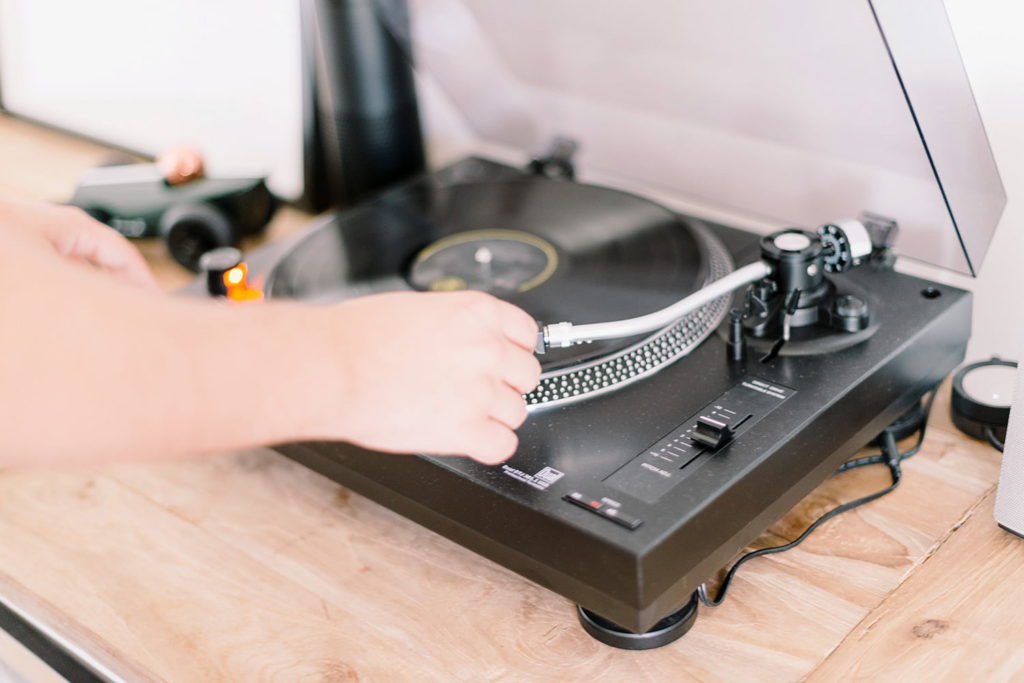
Learn to Handle Records Properly
How you handle your records has a significant impact on their condition.
- Firstly, you should always touch vinyl at the outer edge
- You can also move them through the paper label
- Make sure your hands are clean
- Oil can reach the grooves and attract dust and build a mold
- You should never touch the grooves
Proper handling is also essential during the time before and during play. Once you have listened to a record, make sure that you slide it into the sleeve. Never drop the disc into the envelope, as it can cause the sleeve to split or the vinyl to have scratches.
Never Stack Records
Many collectors have a habit of stacking their records on top of each other. You can store almost all audio formats vertically. It includes vinyl records.
- Vinyl is a malleable material, and weight is going to make it warp
- Warping can result in skipping and variable speeds
- The shelving in which you keep the LPs should also be strong and durable
- Make sure there is a divider every 6 inches to eliminate any chances of warping
Records should always be stored vertically. They can bend or warp and even develop scratches. There is a reason why record shop displays their collection vertically. They intend to protect their products for the long-term.
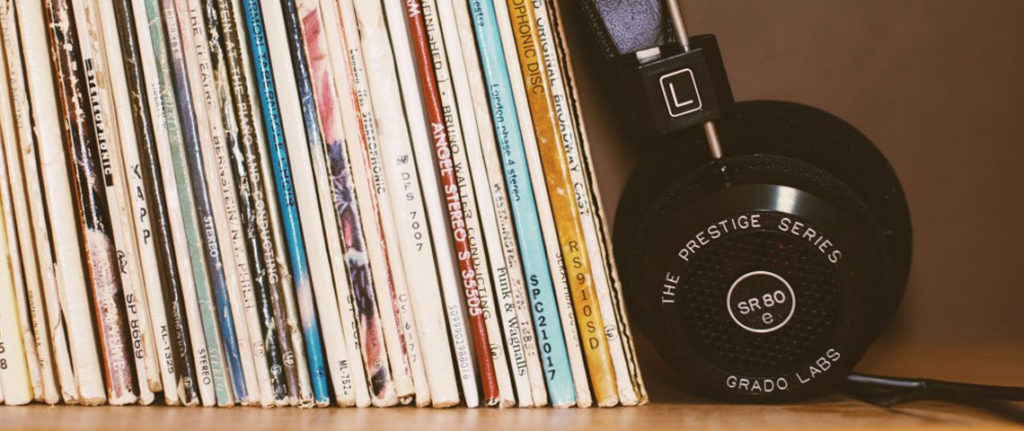
Allow the Platter to Stop
It is part of how your record is handled and cared for till now.
- The disc should never be removed or placed on the turntable platter when it is spinning
- This is going to speed up the process of scratching and deteriorate the record in a shorter period
- Make sure that the platter comes to a complete halt before you place or remove the vinyl
- The mat on the dish should always be clean
- Never use any worn out or torn mat
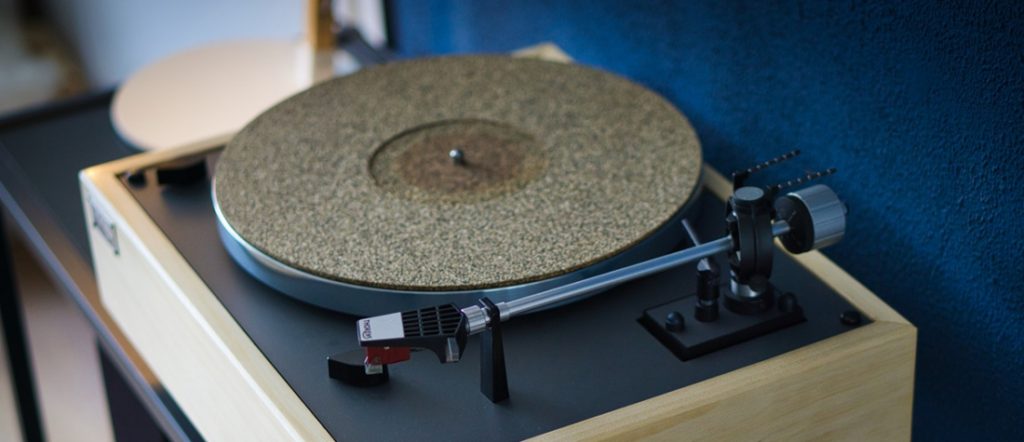
Proper Storage to MAKE YOUR VINYL RECORDS LAST
How you store and organize your vinyl records has a very far-reaching impact on how long they will last.
- Crates are just the right size for storing your vinyl collection
- They are affordable and often available for free
- But this doesn’t mean that they are the ideal storage option for your records
- Crates have sharp edges that can damage the sleeves
- Crates can also flex under heavy loads, which can warp the vinyl
- Make sure to invest in high quality and durable storage system to preserve your records collection for a lifetime
- Always store your records vertically and in a cool and dry place

How to store them?
There are many different types of containers for storing vinyl records. It is recommended to avoid any container having diagonal posts in the corners. Such jobs can make the vinyl bow over time. Choose something durable and well-built.
When stored in a place with excessive heat and moisture, the vinyl can get damaged. You can store them at room temperature, but make sure there are no variations during summer. It will be best to save them in temperature-controlled environments if you want them to last long.
According to the Library of Congress, vinyl collectors should store their records in rooms with 65 to 70 degrees. There should be minimal fluctuation in temperature. And the most suitable relative humidity should be in the range of 45% to 50%.
You should never keep vinyl records in attics because the temperatures there can be much higher than in your living space. It is also not a suitable approach to store them in the basements.
However, it is also essential to keep your records away from any intense light. It will be best to keep it away from the sunlight. You should also protect the vinyl from sources of vibrations. They should also be kept away from radiators and vents if you want to prolong their life.

Mold Threat
In environments where humidity crosses 60%, there is a very high risk of mold growth. It is not that mold is always going to grow on the vinyl. However, it can also grow on the paper sleeve. It can then fill up the grooves. When exposed to moisture and mold for a long time, records can become dirty, and it can ruin the covers too. It can also cause warping.
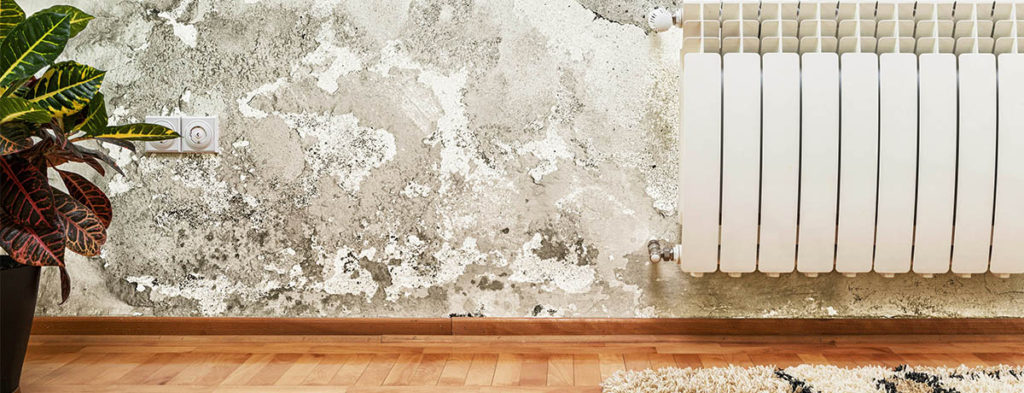
Store in High-Quality Sleeves
It will require much more than just following the dry-cool-vertical principle to protect and prolong the life of your records. You should also protect the records from dust, dirt, and contaminants. Choosing containers with lids can help in keeping the pollutants away from your records. It is also required to store your LPs in professional-grade sleeves.
- Even the Library of Congress has a suggestion to replace the inner paper sleeves with HDPE sleeves
- It is recommended to preserve the original inner sleeve too. You can keep it alongside the new sleeve
- Make sure to choose only anti-static sleeves to prevent the build-up of static electricity that can be damaging to your records
There are individual anti-static, multi-ply sleeves having a paper layer between the HDPE sheets. Such sleeves also help in preventing any scratch on your records.
Cleaning & Caring for Your Records
How you clean and care for your collection of LPs also plays a significant role in ensuring their longevity. If the disc becomes dirty or gets scratched, no other factor will matter.
Make sure that your records never have dirt, dust, gunk or debris build-up inside the grooves. If they become dirty, they will lose their audio quality. Ticks and pops will accompany the audio.
Grooves are the key to great sounding LPs.
- All the music on the vinyl resides in the grooves
- When the stylus moves through the slots, it sends the analog signals through the cartridge to the preamp and speakers
- If dirt, dust, or gunk enters the grooves, the music quality of your LPs will get severely affected
Steps to Cleaning Your Records
You should follow these steps for cleaning your LPs:
i. Use a Brush
Remove all visible dust from the surface using a brush. Use an anti-static brush that can also help in removing static. Use long yet gentle brush strokes. It is essential to be kind not to harm the disc’s surface.
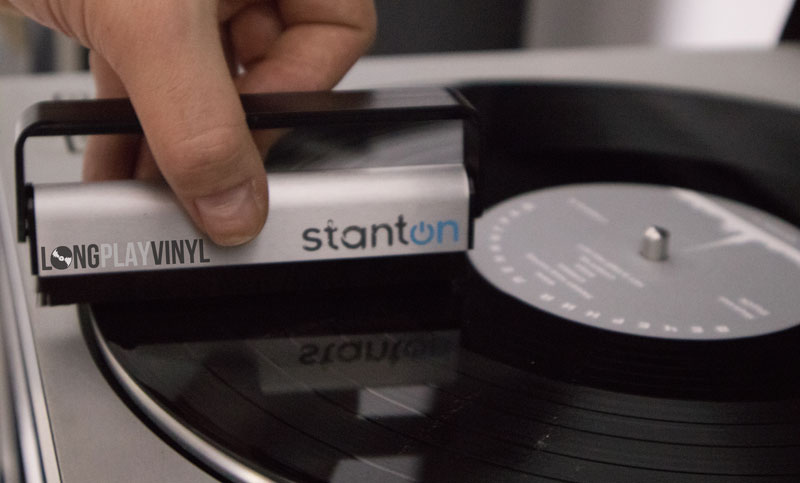
ii. Check the Vinyl
Check the disc’s surface for any signs of blemishes or marks. Look for marks under soft but proper illumination. Also, look for the following:
- Smudges
- Discolorations
- Fingerprints
When cleaning, these areas will require special attention.
iii. Spray Cleaning
Once you have located the spots on the record that need intensive cleaning, apply the cleaning solution. There can be many cleaning solutions available in the market. The different options include:
- Soapy mixture in deionized water
- Dedicated record cleaning fluids
- Library of Congress-used 0.5% tergitol 15-S-7
Here, make sure that the liquid doesn’t touch the label. The epoxy can come off, discoloring the name. Apply gentle pressure in circular movements using a cotton cloth or micro-fibre cloth to remove any blemishes or fingerprints. Again, the label should be avoided.
Once done, rinse and dry the disc. You will need a controlled spray bottle and a sink. Wash away all the remaining cleaning solution. Use a clean cloth to wipe the vinyl. Make sure it is different from the one that you use for removing blemishes. Make sure to handle the LPs carefully so that no fingerprints are left.
It is also essential to clean your vinyl before and after playing them. There are different ways you can do this. You can use brushes, spin systems, or wet solutions.
Keeping Record Player Well Tuned
Overall, there are four critical aspects to the longevity of your vinyl records – the way you handle, clean, store, and play them. So, it is also essential to keep your turntable in top condition so that there is no damage during playback.
- The stylus should not be worn out. It can cause damage to the grooves and destroy your records.
- You should replace the stylus every 1000 to 1500 hours of playtime.
- Contrary to what most people think, setting tracking force light is going to increase wear
- The stylus should sit firmly in the groove to prevent any bounces that may otherwise create wear and tear
- We suggest you track at the upper range of the tracking force to avoid damage
- When playing records, it is imperative to ensure proper alignment
- It is essential to set the geometry that ensures that the stylus remains perfectly centered in the groove
- If the cartridge is changed, make sure you use the setup guide for proper alignment
- You should raise and lower the needle only using the cueing lever and not with fingers
Additional Tips on how to TO MAKE YOUR VINYL RECORDS LAST
It is not just the vinyl that needs cleaning before and after playback. The turntable and the stylus also need cleaning every time. All the equipment should be clean and tidy to contribute to the long life of your vinyl records. Among other options, you can also use compressed air to remove dust off both the turntable and discs.
Make sure that you play the records at the correct RPM. The tonearm should not track too slowly because it can cause damage to the grooves. Also, tracking too lightly can mean that the stylus tends to skip and bounce. It can also cause damage to the LP grooves. Also, you must calibrate the equipment to the manufacturer specifications.
No Wet Playing at All to TO MAKE YOUR VINYL RECORDS LAST
Many record owners use wet playing to quiet any crackle and pops. The negatives of the practice far outweigh any benefits. It is merely going to reduce the life of your records.
When a disc is wet played, the abrasive sludge is forced more in-depth into the grooves. The needle gets to make its way around the vinyl and does potentially irreversible damage. The result is the disc sounding progressively worse over time. The crud dries, and the dirt can embed throughout the vinyl.
We suggest you invest in a high-quality setup if you want to enjoy the music at its optimal levels. If you already don’t have the equipment in its peak condition, make sure to upgrade its components. The turntable, preamp, amp, speakers, cartridge, and everything should be in good condition. It is also essential to take utmost care of your equipment so that it can also last a long time.
Final Thoughts on how to MAKE YOUR VINYL RECORDS LAST!
While following these suggestions, make sure never to leave your records out of their sleeve for long. Place the records back into their inner sleeve every time you have used them. You should remove and place the record in the envelope the moment you have finished listening to it. It can help prevent the build-up of dirt and dust. The only time it should be out of its sleeve is when you hear songs. So, make sure to follow all these tips to make your vinyl records last a lifetime.

